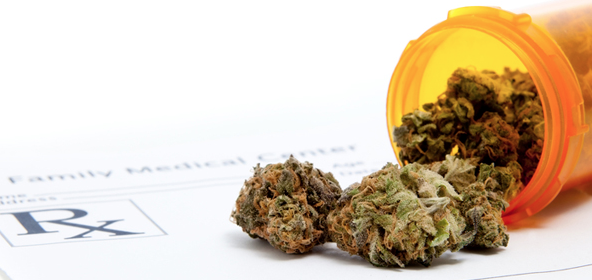
CONCORD, NH – The NH Department of Health and Human Services (DHHS) has issued a conditional registration certificate for the cultivation of therapeutic cannabis to Sanctuary ATC. Sanctuary ATC’s cultivation center in Rochester, is the first to receive DHHS approval to begin cultivating therapeutic cannabis in New Hampshire.
DHHS is implementing the Therapeutic Cannabis Program, which will include four dispensary locations and three cultivation centers. Once Sanctuary has completed cultivating therapeutic cannabis, DHHS will inspect Sanctuary’s dispensing location in Plymouth to determine if it is ready to begin operations. DHHS will then issue a registration certificate without conditions to Sanctuary ATC, permitting Sanctuary to begin dispensing therapeutic cannabis to qualifying patients and designated caregivers who have registered with Sanctuary.
The expected time frame for Sanctuary’s dispensary to begin operations is spring of 2016.
Applications for potentially qualifying patients and designated caregivers, medical provider certification, and other important information can be found under Therapeutic Cannabis Program on the DHHS website. It is also included below.
What are qualifying conditions for use of medical marijuana in NH?
The list of qualifying medical conditions for the therapeutic use of cannabis is established by law in RSA 126-X:1, IX(a), as follows:
“Qualifying medical condition” means the presence of:*
(1) Cancer, glaucoma, positive status for human immunodeficiency virus, acquired immune deficiency syndrome, hepatitis C currently receiving antiviral treatment, amyotrophic lateral sclerosis, muscular dystrophy, Crohn’s disease, multiple sclerosis, chronic pancreatitis, spinal cord injury or disease, traumatic brain injury, epilepsy, lupus, Parkinson’s disease, Alzheimer’s disease, or one or more injuries that significantly interferes with daily activities as documented by the patient’s provider; AND
(2) A severely debilitating or terminal medical condition or its treatment that has produced at least one of the following: elevated intraocular pressure, cachexia, chemotherapy-induced anorexia, wasting syndrome, agitation of Alzheimer’s disease, severe pain that has not responded to previously prescribed medication or surgical measures or for which other treatment options produced serious side effects, constant or severe nausea, moderate to severe vomiting, seizures, or severe, persistent muscle spasms.
In order to be eligible for the Therapeutic Cannabis Program, your NH licensed physician or advance practice registered nurse (APRN) will be required to issue you a Written Certification that certifies that you have a “qualifying medical condition” as listed above. Your medical provider is required to certify that you have BOTH a condition listed in the first paragraph AND a symptom listed in the second paragraph.
*Note that HB 476 (Chapter 195 of the Laws of 2015) added epilepsy, lupus, and Parkinson’s disease to the definition of “qualifying medical condition” and clarified the description of Alzheimer’s disease.








